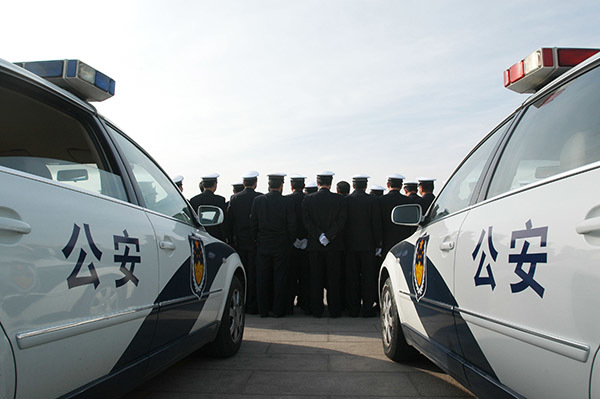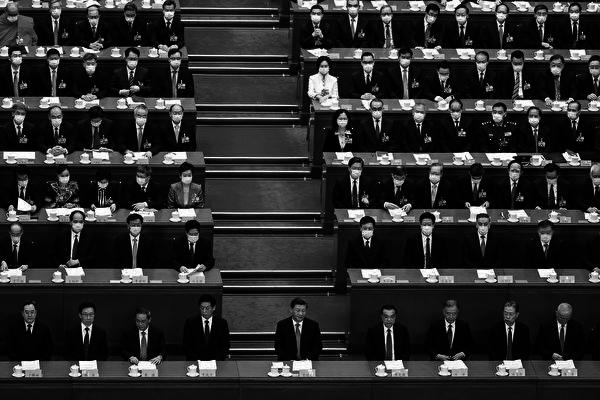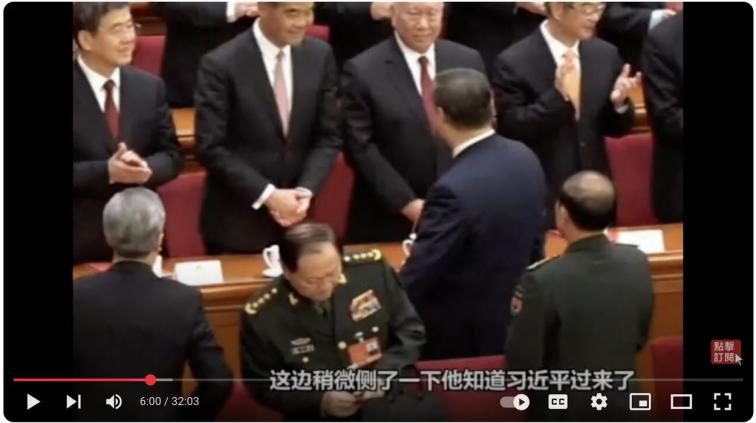On May 10, 2025, the World Organisation to Investigate the Persecution of Falun Gong (WOIPFG) released an investigative report titled "Investigation Report on the CCP’s Belt and Road 'Organ Harvesting Industry Chain' Development Model." The report exposes the Chinese Communist Party (CCP)'s efforts to internationalise its criminal model of forced organ harvesting through the Belt and Road Initiative (BRI). (Source: Dajiyuan)
[People News] On May 10, WOIPFG released its report to reveal how the CCP is leveraging the Belt and Road platform to promote its criminal system of organ harvesting to the international community.
According to The Epoch Times, the report states that the CCP launched the Belt and Road Initiative in 2013 to expand its influence across Eurasia and Africa. By 2023—ten years later—the CCP had funded more than 20,000 projects in 165 countries. Since 2016, China has gradually incorporated the organ transplantation industry into the Belt and Road framework. It established the Belt and Road International Organ Transplant Cooperation Development Alliance (referred to as the "Alliance") to export transplant technology, train surgeons, and build cooperative medical institutions in countries along the BRI route.
This "Alliance" was formally established during the 4th China-International Conference on Organ Donation held in Kunming in 2019, where representatives from 62 countries reached a consensus. The investigative report argues that including organ transplantation within the BRI framework effectively exports the CCP’s model of forced organ harvesting to other countries. Even more troubling is the potential encouragement of organ trafficking and related criminal activities in those countries.
The report is based on a combination of public information gathering, telephone interviews, data analysis, case studies, and cross-border investigations. It reveals the deep connections between the CCP’s organ transplantation industry and the Belt and Road Initiative.
China has already established several regional organ transplant centres that cater to international patients from different areas. Specifically, the Kunming Model targets Southeast Asia. The Shenzhen and Guangzhou Models serve Hong Kong, Macau, and Taiwan. The Hainan Model leverages the special policies of the Hainan Free Trade Port to build an international transplant base.
The investigation also reveals potential links between organ trafficking and BRI projects such as the KK Park in Myawaddy, Myanmar, which has been labelled a "key project" under the Belt and Road Initiative by Chinese authorities. The KK Park has been exposed as being involved in criminal activities, including organ trafficking.
In response to these findings, WOIPFG issued a call to the international community: The United Nations and its specialised agencies should strengthen the international legal framework to monitor and punish those responsible for crimes against humanity related to forced organ harvesting. The UN Human Rights Council should establish an independent investigative body to conduct a comprehensive probe into China's organ transplant system and its connection with the Belt and Road Initiative. National governments should impose sanctions, freeze assets, and ban the entry of Chinese individuals and organisations involved in illegal organ harvesting.
The report also recommends: Establishing an international victim database, offering legal aid and psychological support to victims. Outlining future directions for investigation across legal, medical, technological, economic, and human rights dimensions.
Full report available at: WOIPFG’s Investigation Report on the CCP’s Belt and Road “Organ Harvesting Industry Chain” Development Model











News magazine bootstrap themes!
I like this themes, fast loading and look profesional
Thank you Carlos!
You're welcome!
Please support me with give positive rating!
Yes Sure!